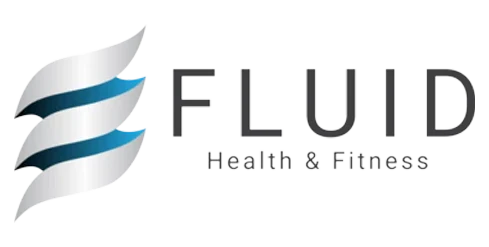Protein Oxidation and Over training
The nature of exercise is to break the body down, so it can build itself back up stronger than before. But there is such a thing as too much training, which can be made worse by improper fueling.
What is protein oxidation?
Ongoing biochemical reactions within the body produce a natural by-product called free radicals. Free radicals are atoms or molecules that contain an unpaired electron, which makes them highly reactive with different parts of cells such as proteins, DNA and cell membranes. Damage is caused when the free radical steals electrons from the different cell parts in a process called oxidative damage. When damage is protein specific it is called protein oxidation. This damage to proteins and other cell structures results in a loss of normal function. Accumulation of damage may cause cells to die and many studies have shown that chronic increased production of free radicals can cause or accelerate nerve cell injury and lead to disease. Free radicals can be generated by certain substances including fried foods, alcohol, tobacco smoke, pesticides, air pollution and more. Exhaustive exercise or over-training can also cause an increased production of free radicals.
Over training and its consequences:
Repeated stress on the body without proper recovery periods will encourage chronic inflammation that can cause damage that may or may not present itself outwardly initially. Chronic inflammation due to overtraining can induce an even more extreme catabolic state within the body. This causes the body to break down essential tissues and cells to gain access to molecules necessary to cope with the inflammation and other upregulated processes. This perpetual catabolic state also increases the production of acid in the body. Symptoms of overtraining include: fatigue, injury, inability to recover between workouts, mood swings, depression and decreased performance, compromised immunity, upper respiratory tract infections, alterations in heart rate and function, etc.
Link between protein oxidation and over-training:
As discussed above, exhaustive exercise/over-training can cause an increased production of free radicals. Proteins are major targets for radicals due to their abundance and high rate constants for reaction. Protein oxidation then means that the proteins attacked can no longer perform their designated function(s). This damage is considered irreversible and results in an inability to function properly. This in part, means that they cannot be used to repair tissue broken down in the process of exercise. Research has shown a link between increased oxidative stress and overtraining syndrome. The responses of oxidative stress and antioxidant capacity to exercise in the over trained state could be related to an inability to perform exercise effectively and impaired adaptation to exercise. Physical exercise above a certain load has been suggested as being a cause of oxidative stress. This damage/oxidative stress can be made worse if an individual who is performing exhaustive exercise is also not fueling their activity properly.
Bringing it All Together:
It is important to know what your goals are and what is required to reach them, without going too far. Over-training can lead to the continual breakdown of body tissues, including muscles, leading to injury, fatigue, inability to recover between workouts, decreased performance, compromised immune system, alterations in heart rate, etc. These results of over-training can create a barrier to your goals, whatever they may be. To prevent over-training more is not necessarily always better. It is important do enough exercise to help you reach your goal, but not too much to where it leads to damage in the body. Self-awareness is one of the best ways to prevent over-training syndrome. Stay in tune with how you are feeling and any potential signs or symptoms of over-training that you might be experiencing. Nutrition also plays a key role in preventing or decreasing damage in the body. Increased physical activity, whether in duration or intensity, results in an increased need of calorie/energy intake. This increased energy intake will vary based on your activity level. It is also important to make sure that you are spreading your nutrient intake out throughout the day. Depending on your choice of activity and the level of intensity, your protein needs may also increase. It is also important to note that antioxidants are the bodies primary defense against the oxidative properties of free radicals and can be found naturally in many whole food sources.
Goals
- Be Aware:
- As in previous weeks, being aware is always the first step to making changes. Review this week’s presentation and write-up.
- Review this presentation again to make sure you have a base understanding of what protein oxidation is and its connection with over training.
- Note signs and symptoms of over training, so that you recognize and prevent them.
- Take Note:
- .Continue your food journal from previous weeks. Complete for at least 3-4 days, but it is best if you can complete for an entire week.
- Make sure to include everything that you are eating and drinking and the amounts/portion sizes.
- Also note your calorie and protein intake and your nutrient distribution throughout the day.
- Take Action:
- .Alter: If you start to experience multiple symptoms of over training, take steps to recover and prevent further damage.
- Consult: If you are having trouble identifying patterns, including or eliminating certain foods, picking out culprits of dietary imbalance or just want more guidance in your diet patterns, consult a registered dietitian.



